Desertification: Iraq’s worsening water crisis
Drought, climate change, mismanagement and oil production have all been blamed for water scarcity in the country
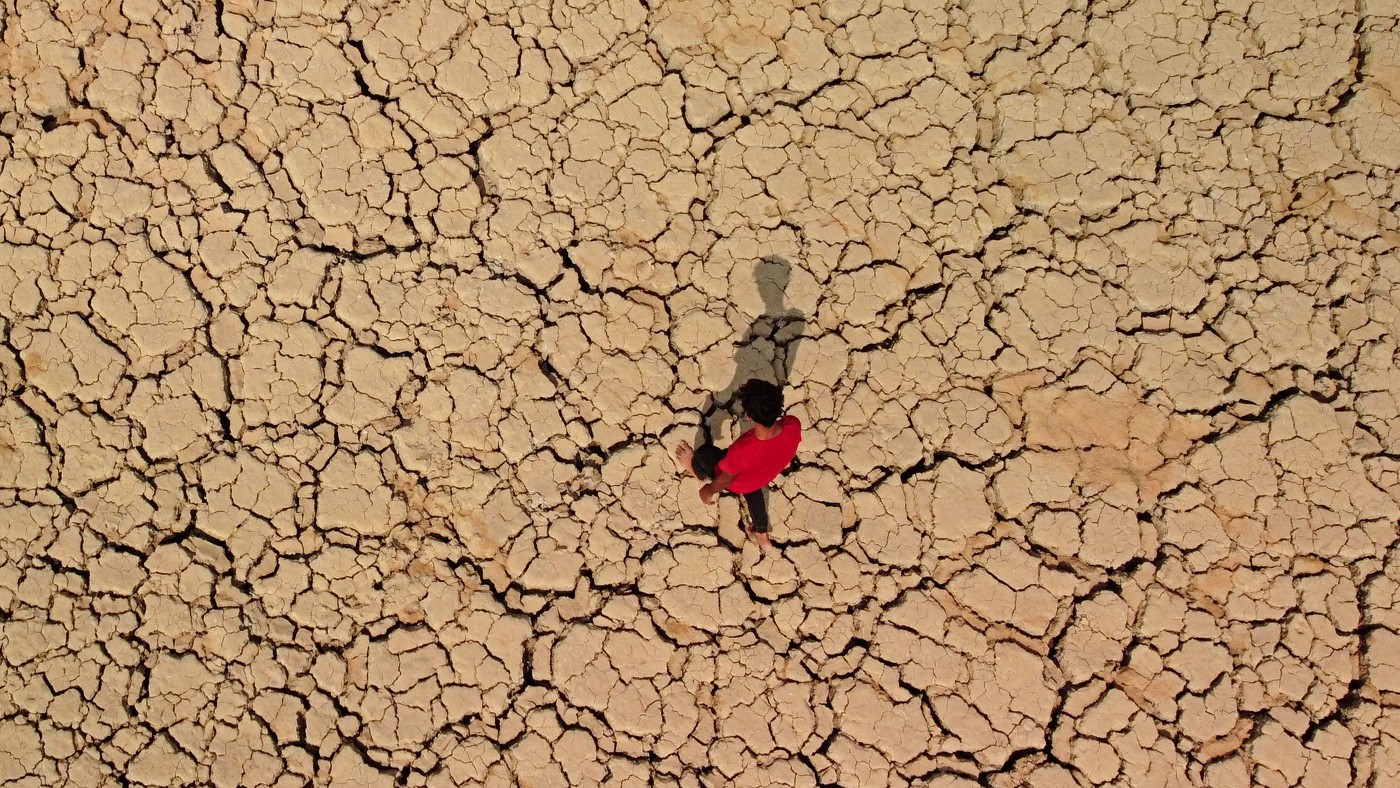
A free daily email with the biggest news stories of the day – and the best features from TheWeek.com
You are now subscribed
Your newsletter sign-up was successful
When many thousands of Iraqis turn on their taps “nothing comes out”, said Hayder Indhar for Phys.org.
So dire is the country’s water crisis – 7 million of its citizens have reduced access to water, according to the UN – many villagers are relying on “sporadic tanker-truck deliveries and salty wells” for drinking water.
While Iraq is known in Arabic as the Land of the Two Rivers, split as it is by the Tigris and the Euphrates rivers, the water levels of both have fallen markedly. The results have been no less than devastating.
The Week
Escape your echo chamber. Get the facts behind the news, plus analysis from multiple perspectives.

Sign up for The Week's Free Newsletters
From our morning news briefing to a weekly Good News Newsletter, get the best of The Week delivered directly to your inbox.
From our morning news briefing to a weekly Good News Newsletter, get the best of The Week delivered directly to your inbox.
For Firas Mohammed, a former fisherman, life has been totally transformed by the shortage. Gesturing towards a “trickle of lime green liquid nearby”, he told Al Jazeera that “even dogs avoid it”. “If the government decided to move us to a camp with freshwater to cope with this crisis, we would even accept being moved to Ukraine,” he added.
Mou’ad Abel was able to return to his village in 2016 “after the area was liberated from ISIL”, but despite also working as a fisherman in his youth, he was shocked to discover “there are no fish anymore”, the news site added.
The reasons behind the crisis are numerous. Some cite shortages and low river levels in neighbouring countries; others point to the alleged mismanagement of water by local authorities. Regardless of who is to blame, one thing is abundantly clear: the issue must be solved before it becomes too late for the millions of people reliant on a clean water supply.
According to the United Nations, some “90 per cent of the country’s rivers are polluted”. Iraq is facing a “critical climate emergency”, said Jeanine Hennis-Plasschaert, the UN special representative for Iraq, as by 2035 it is thought the nation will have the capacity to “meet only 15 per cent of its water demands”.
A free daily email with the biggest news stories of the day – and the best features from TheWeek.com
Desertification – the process by which fertile land becomes arid – is also a growing concern within the nation. It can be caused by both human factors and climate change.
Haidar Falih Hassan, an environmental official from Najaf, south of Baghdad, warned that desertification “had reached around 70 percent” of Iraqi land, said The New Arab. The country is expected to experience “a 20 percent reduction in water availability” by 2050, the site added.
But matters are also being amplified by the country’s dependence on fossil fuels. Western oil companies are “exacerbating water shortages and causing pollution in Iraq”, The Guardian reported, as they capitalise on higher oil prices caused by the ongoing conflict in Ukraine.
For each barrel of oil produced “up to three barrels of water are pumped into the ground” to assist with the extraction process. But with oil exports rising, the water available in the nation has “dramatically fallen”, the newspaper added.
The problem is not confined to Iraq. The UN World Water Development Report 2023 warned that there is an “imminent risk of a global water crisis”, with “between two and three billion people” currently experiencing water scarcity. The emergency is predicted to worsen in the coming decades, as the world is “blindly travelling a dangerous path” of “vampiric overconsumption and overdevelopment”, the report added.
Already, the Middle East is feeling the effects of this warning first hand. In Turkey, “alarming meteorological imbalances” are pushing the country to an “avoidable hydrologic crisis”, Asia Times reported. While in Iran, decades of alleged mismanagement “combined with climate change” created “the worst drought in half a century in 2021”, said Time.
Solving Iraq’s, and the world’s, water crisis will take an immense effort. The globe must “go beyond ‘business as usual’”, said the World Bank, as it supports a number of initiatives in countries suffering from water scarcity and poor sanitation, such as Yemen, Tanzania and India.
“Emerging technologies” may hold the solution, said Economist Impact. These include more efficient “energy-intensive desalination plants, improved biological treatment processes… and smart sensors for alerting utilities to leaks in pipes”.
But getting the world to pay attention is an uphill battle. “Water resilience has been an orphan child, and issues like the current drought force us to fundamentally play catch-up,” Claire O’Neill, the former UK minister for energy and clean growth, told the magazine.
For now, the problem continues. In Iraq, “the land is cracked, the sun stings and locals are struggling to cope”, said Al Jazeera. “A trace of toxic waste wafts from the edge of the lake, the stench of putrid water hitting long before it can be seen,” the news site reported.
Noor Haddi, a mother of two from Baghdad, is distraught about the prospects for her country. “It used to be so beautiful. But two rivers have dried up,” she told Al Jazeera. “What hope should we have?”
This article first appeared in The Week’s Global Digest newsletter. Sign up for a preview of the international news agenda, sent to your inbox every Monday.
Rebekah Evans joined The Week as newsletter editor in 2023 and has written on subjects ranging from Ukraine and Afghanistan to fast fashion and "brotox". She started her career at Reach plc, where she cut her teeth on news, before pivoting into personal finance at the height of the pandemic and cost-of-living crisis. Social affairs is another of her passions, and she has interviewed people from across the world and from all walks of life. Rebekah completed an NCTJ with the Press Association and has written for publications including The Guardian, The Week magazine, the Press Association and local newspapers.
-
 How the FCC’s ‘equal time’ rule works
How the FCC’s ‘equal time’ rule worksIn the Spotlight The law is at the heart of the Colbert-CBS conflict
-
 What is the endgame in the DHS shutdown?
What is the endgame in the DHS shutdown?Today’s Big Question Democrats want to rein in ICE’s immigration crackdown
-
 ‘Poor time management isn’t just an inconvenience’
‘Poor time management isn’t just an inconvenience’Instant Opinion Opinion, comment and editorials of the day
-
 Why broken water companies are failing England and Wales
Why broken water companies are failing England and WalesThe Explainer With rising bills, deteriorating river health and a lack of investment, regulators face an uphill battle to stabilise the industry
-
 The world is entering an ‘era of water bankruptcy’
The world is entering an ‘era of water bankruptcy’The explainer Water might soon be more valuable than gold
-
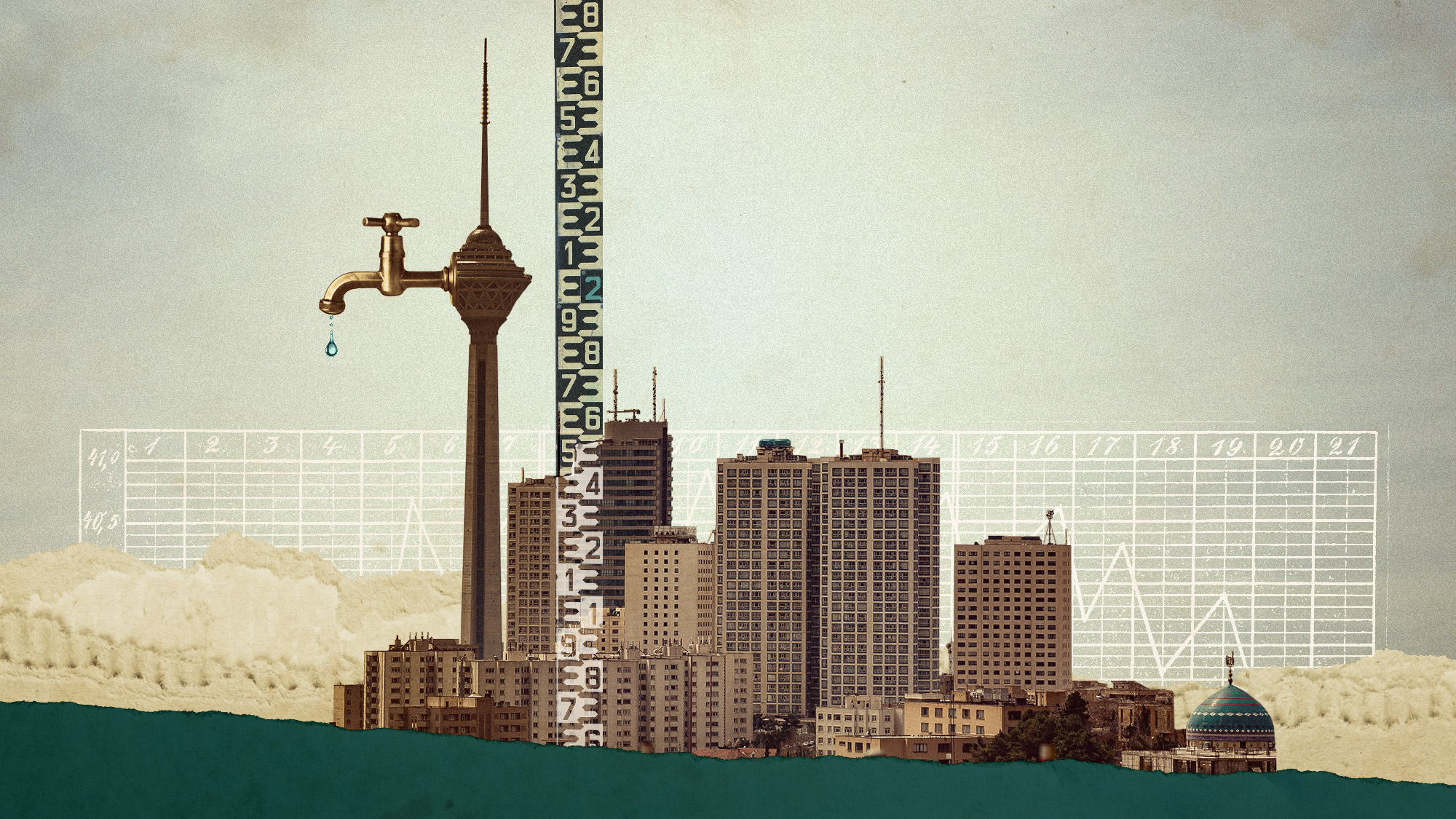 Taps could run dry in drought-stricken Tehran
Taps could run dry in drought-stricken TehranUnder the Radar President warns that unless rationing eases water crisis, citizens may have to evacuate the capital
-
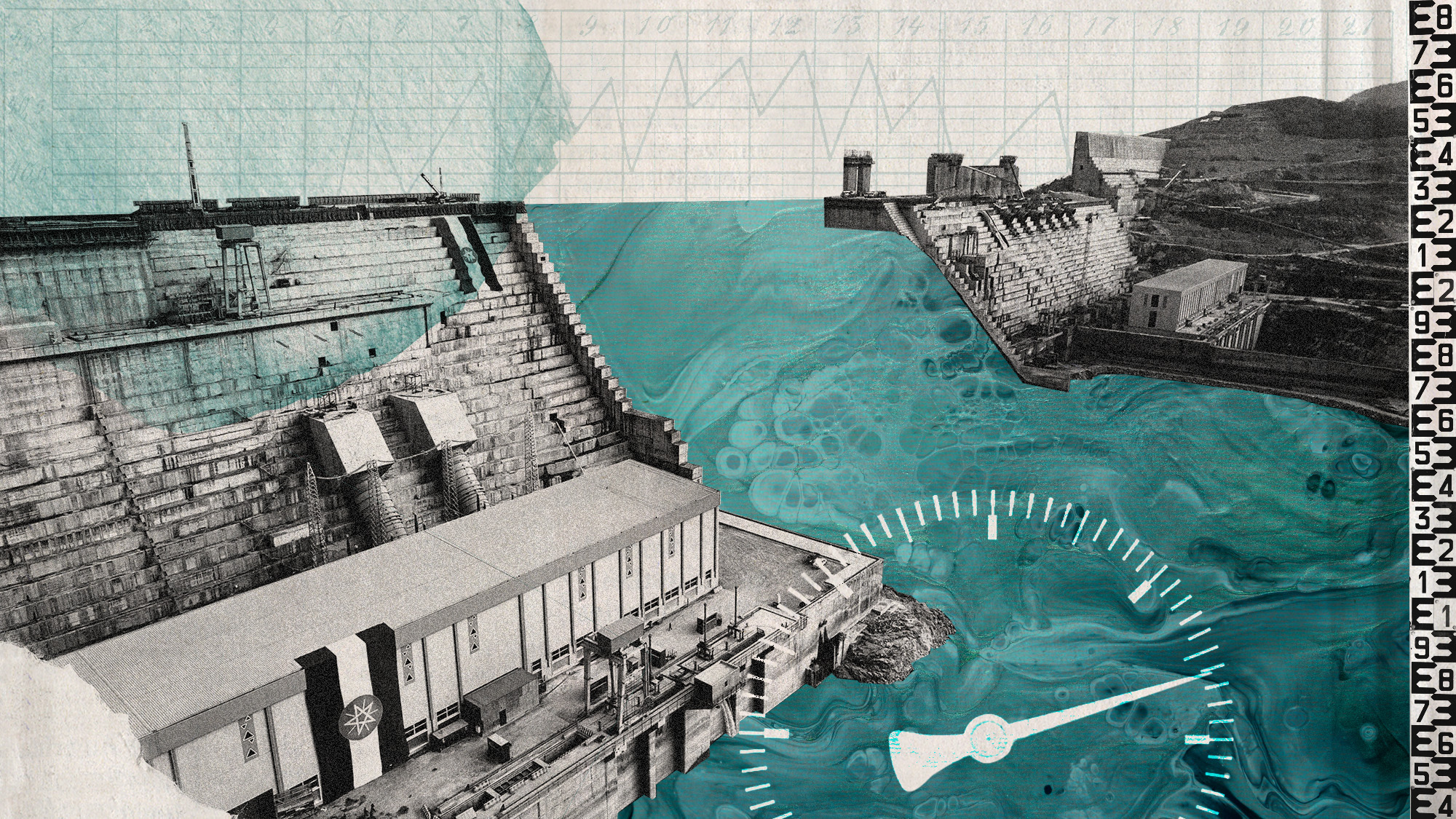 Africa's largest dam is making diplomatic waves
Africa's largest dam is making diplomatic wavesUnder the Radar Ethiopians view using the Nile as a 'sovereign right' but the vast hydroelectric project has 'fuelled nationalist fervour' in Egypt and Sudan
-
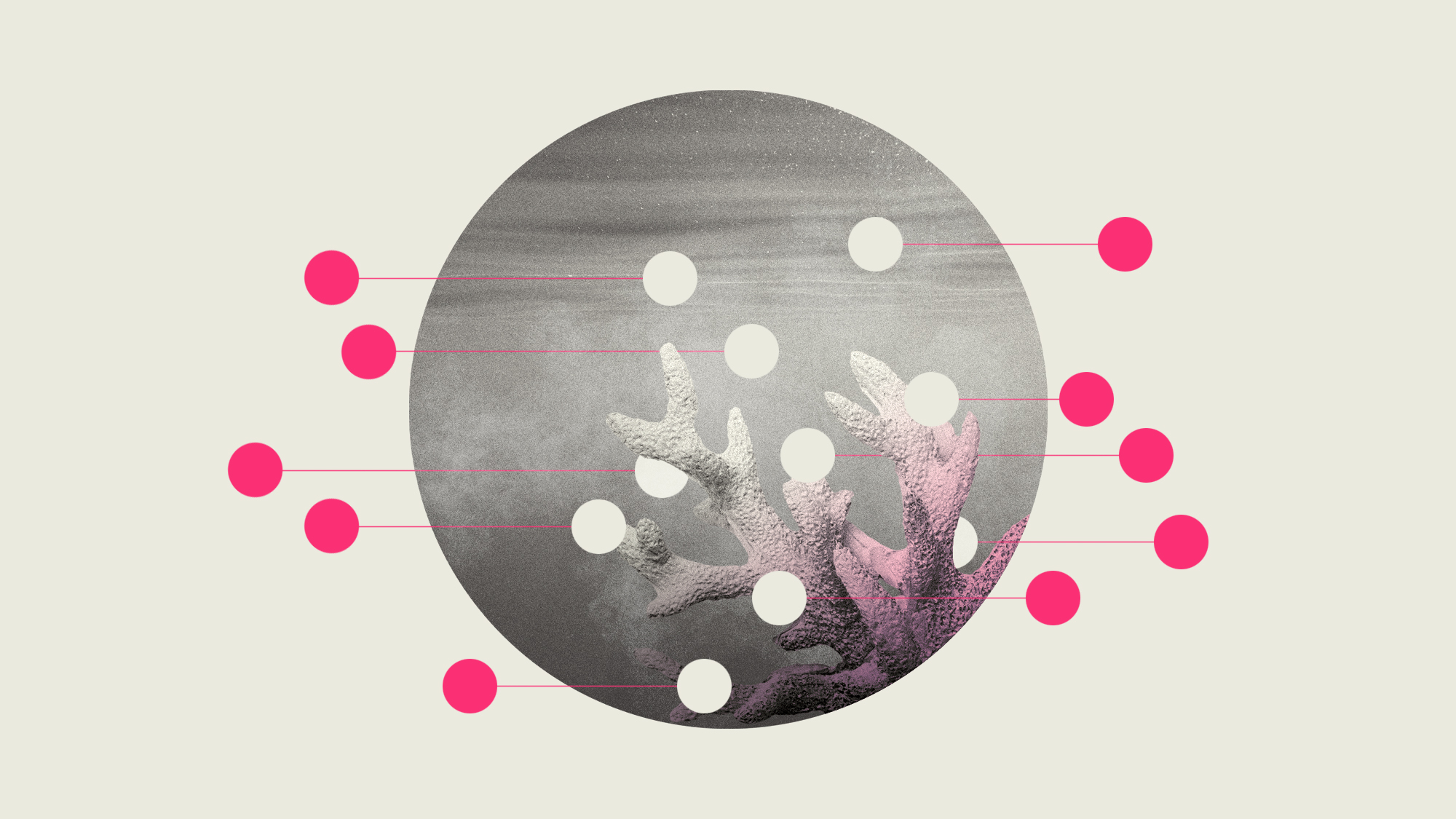 The worst coral bleaching event breaks records
The worst coral bleaching event breaks recordsThe Explainer Bleaching has now affected 84% of the world's coral reefs
-
 Anti-anxiety drug has a not-too-surprising effect on fish
Anti-anxiety drug has a not-too-surprising effect on fishUnder the radar The fish act bolder and take more risks
-
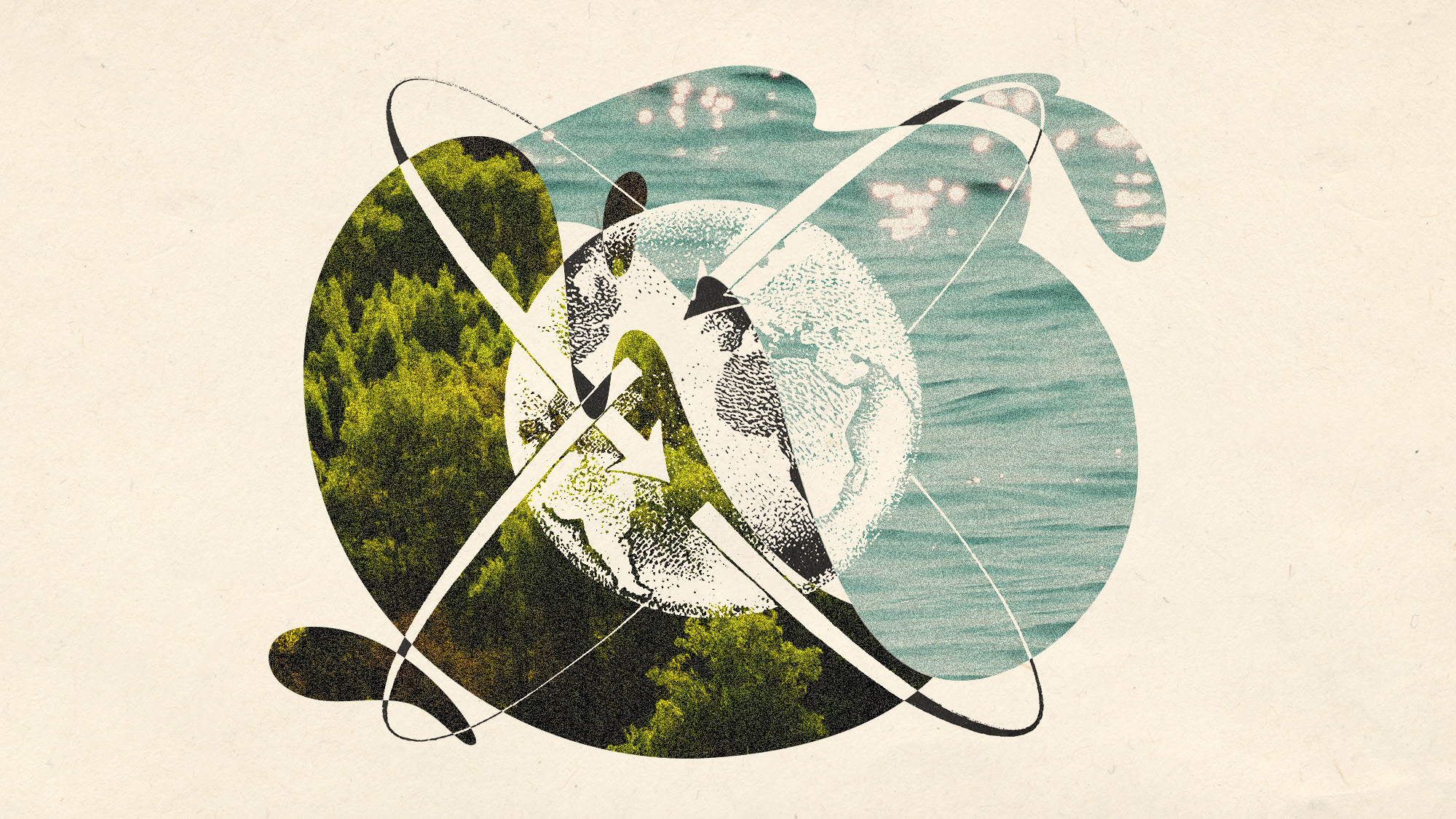 Why the Earth's water cycle is under threat
Why the Earth's water cycle is under threatUnder The Radar Disturbances in the system that moves water around the world place more than half of global food production at risk
-
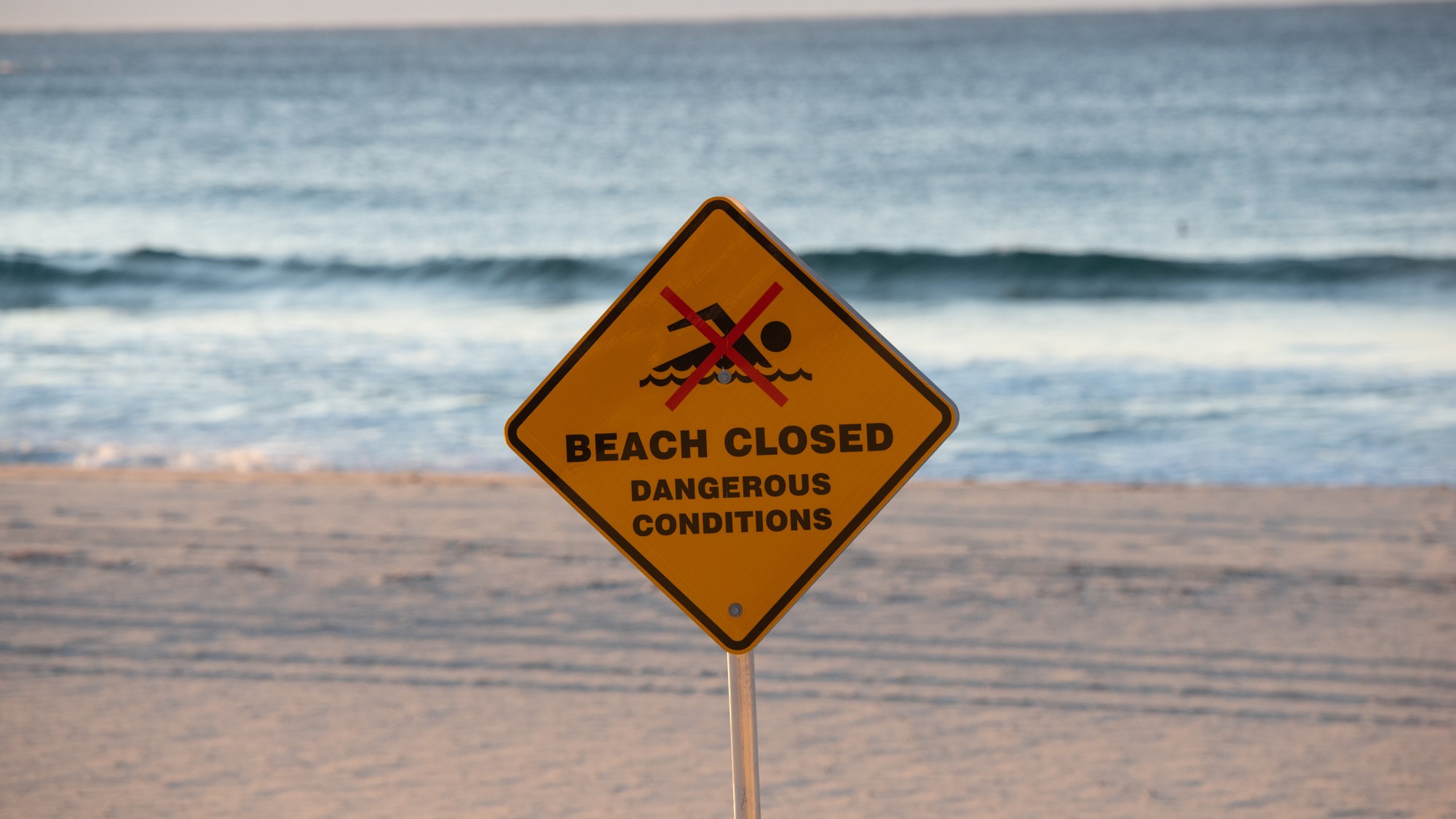 Why beaches are closing across the country
Why beaches are closing across the countryThe Explainer Step away from the water!